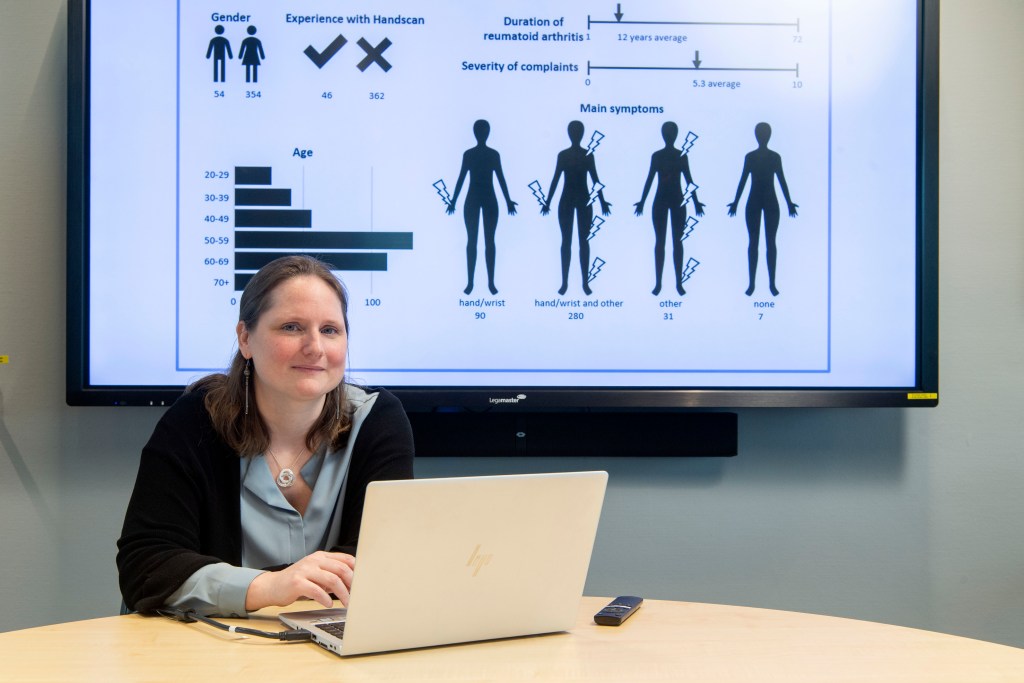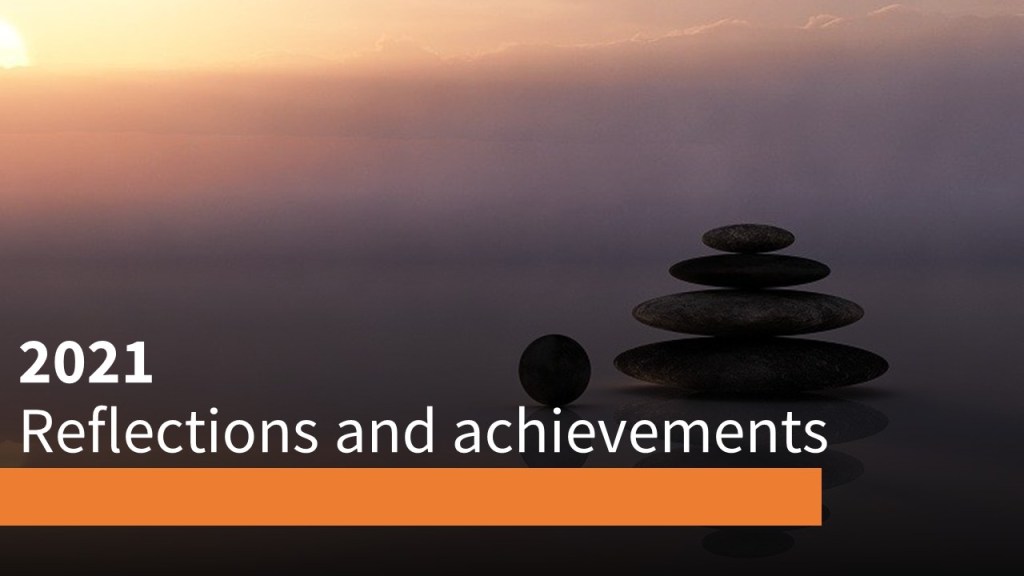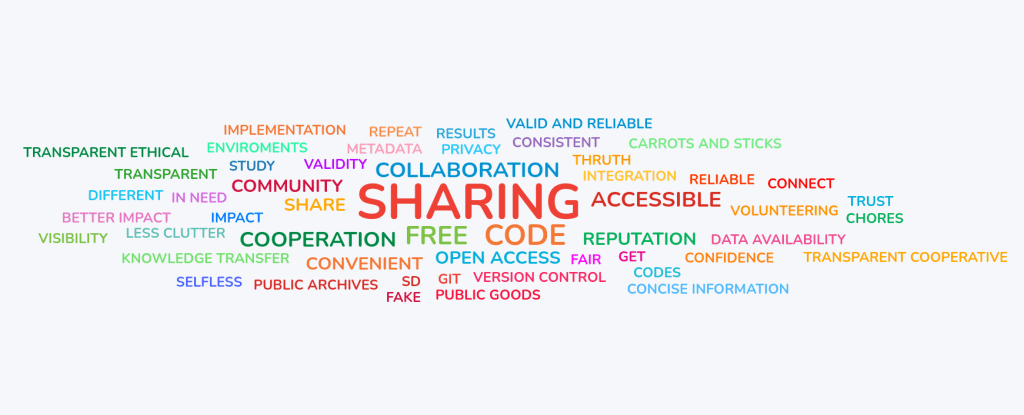Citizen science and the challenge of making health-related data FAIR

By: Heather Montague
When it comes to making health-related data openly accessible, there is still a lot to learn. That’s what Dr. Ria Wolkorte and Dr. Michelle Kip discovered while working on the FAIR-ification of data from their TOPFIT Citizenlab project.
With a grant from the 4TU.ResearchData FAIR Data Fund (Spring 2021), the University of Twente (UT) researchers aimed to make a data set FAIR (findable, accessible, interoperable and reusable) as a case study which would later be translated into a guidance document. Along the way they encountered more questions than answers, but also some unexpected opportunities.
Collaborative science
Through TOPFIT Citizenlab, Wolkorte and Kip are part of a collaboration of knowledge institutions, healthcare organisations, foundations, companies and citizens. The initiative centres on citizen science (CS), the practice of public participation in scientific research. Wolkorte and Kip work on a project about rheumatoid arthritis, conducting surveys with people who suffer from the disease to investigate what topics are important to them and whether they are willing to participate in future research.
“Citizen science is something that recently started at the UT, especially related to health, and it has a strong focus on openness and transparency with the data,” said Wolkorte. “We wanted to make the data collected within our CS projects as open as possible but we didn’t know how and then we came across the 4TU.ResearchData FAIR Data Fund.”
Delicate data

Photo: Frans Nikkels
With the grant, Wolkorte and Kip hired a student to work on the data, anonymising and translating it into English. But along the way, they realised they couldn’t upload it to a repository. “We had more questions than answers on the ethics,” said Wolkorte. “So, we really had to put the project on hold and start with some of the new questions that we had.”
One of the main questions that arose was when is data sufficiently anonymised? “If you have qualitative data from interviews, when are you sure that you can’t trace the data back to a person?” said Kip. “Of course, you can remove all kinds of personal details but, for example, a combination of a specific disease or any combination of answers may in the end make the data traceable to someone.”
What is informed consent?
Another issue was determining when participants have given the appropriate informed consent. Kip said that simply asking whether participants agree with their data being published for scientific purposes is too vague. “How do you actually inform them and what do they agree upon? And if they agree on taking part in the interview, do they always have to agree that their data is published in a repository?”
Wolkorte added: “That was one of the major challenges, especially because we did a survey first and then started talking about data. We discovered that the data we collected during the survey could not be put in a repository because we never specifically got consent from the participants for that.”
Paving the way
Although they didn’t publish the survey data as open data, the experience helped the researchers understand how to do things better in the future. “It taught us a lot and it really catalysed the whole thinking process on data and open access,” said Wolkorte.
The pair has since conducted focus groups with patients, CS researchers, an ethicist and UT data stewards to dig deeper into the issue of data sharing. “We gained a lot of insights on what people are comfortable with,” said Kip. “You can’t find a lot of guidance or information and this really helped us to get an idea of what is actually known on this topic and it’s a good starting point.” She added: “We even spoke to the person who was one of the founders of the FAIR principles. All of these conversations help to pave the way for how to deal with CS and FAIR data.”
Gaining visibility

Photo: Frans Nikkels
Having a lot of questions has also led to more visibility for Wolkorte and Kip. A growing number of people are working with them to come up with answers on the topic of CS and how to deal with the data. They have also been involved in ethics training for people at the UT, to share insights and continue the discussion about questions they still have. “It does increase our visibility, but really more in terms of oversight of FAIR data and the field of CS,” said Kip. “It’s not that the data itself is getting more visible, it’s more that we are getting more visible because FAIR data in CS is a topic that no one actually dived into before, at least not at UT. And it brought us so much more than the 3500 euros from the grant. The work I’m doing now in this field is so different than what I do in my regular job, but I think it’s really helpful.”

“It’s not that the data itself is getting more visible, it’s more that we are getting more visible because FAIR data in CS is a topic that no one actually dived into before, at least not at UT. And it brought us so much more than the 3500 euros from the grant.”
– Michelle Kip, Assistant Professor, University of Twente
Wolkorte added: “What I really like about this whole process is all of the enthusiastic responses that we got. There is a really strong community working on it, supporting each other and trying to help each other moving forward. I think if the community, the 4TU network and data stewards, hadn’t been there we would not have continued on this journey because we really need help and we need people to work with us.”
Making CS data FAIR
Through this process, Wolkorte and Kip said an important realisation was that the FAIR principles stem from other fields that deal more with quantitative data. “That doesn’t match up very well with data in CS because we are working with qualitative data and smaller-scale quantitative data,” said Kip. “And particularly in CS in the field of healthcare, the main issues that we have around privacy and sensitive data are not really covered. Those are major things we have to solve first before we can think about all of the practical things in terms of accessibility and reuse. We first have to know if we can make the data available for reuse.”

“This process made us conscious of the opportunities and challenges that come with data and how to deal with it correctly. It needs to be figured out, and it’s important that we do it right.”
– Ria Wolkorte, Postdoctoral researcher, University of Twente
Wolkorte also noted that prior to this project, they viewed data storage and sharing as an afterthought, but that has changed. “This process made us conscious of the opportunities and challenges that come with data and how to deal with it correctly. It needs to be figured out, and it’s important that we do it right.”
Wolkorte and Kip are using what they learned on this project to develop a Citizen Science for Health Guideline which is intended for university-wide use and beyond.



